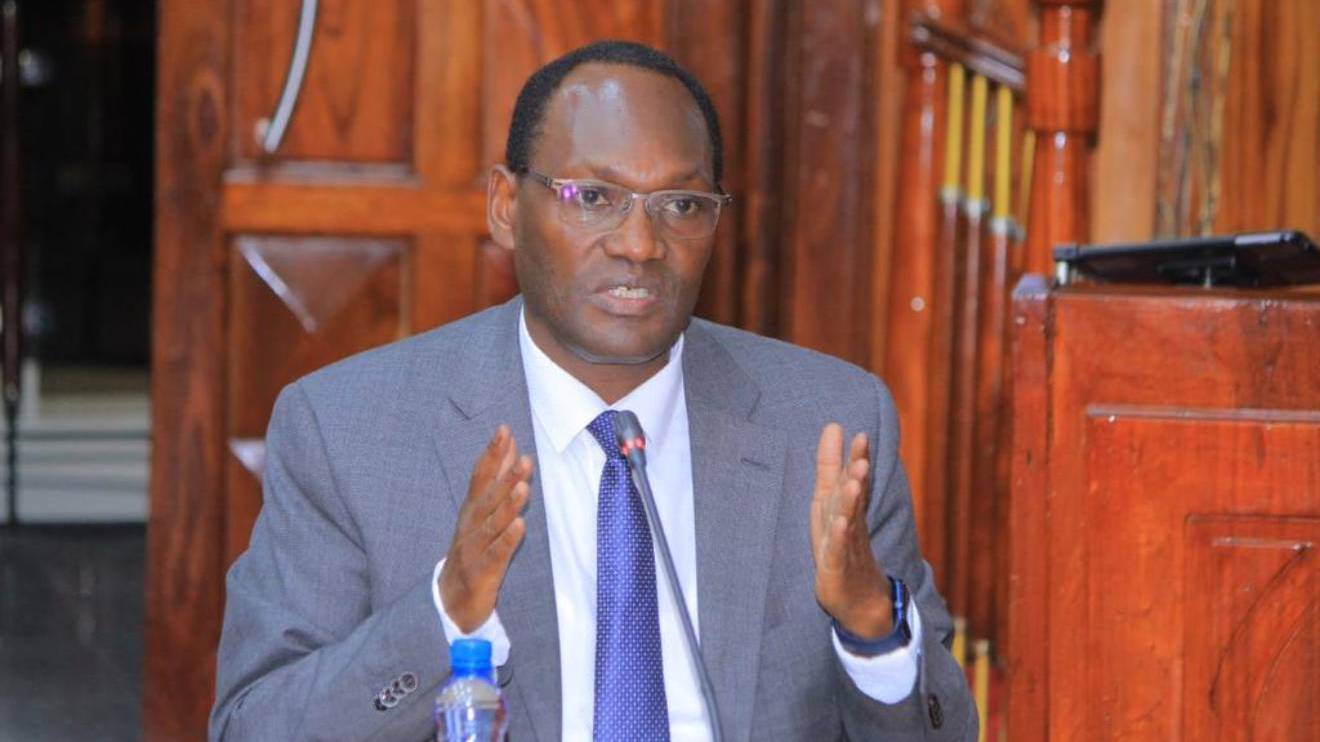The World Bank has issued a warning to Kenya, highlighting the negative impact of unpredictable tax changes on the country's economic stability.
This comes as the Kenyan government grapples with falling short of revenue targets and seeks to implement tax increases to bridge the budget deficit.
According to the World Bank's latest Kenya Economic Update, unrealistic revenue projections and frequent tax shifts by the government create an unreliable and unpredictable environment for businesses.
The World Bank expressed concern over the Kenyan government’s frequent tax shifts, which could undermine long-term economic stability.
According to World Bank, such changes can deter foreign investors, who seek predictable and stable environments for making investment decisions.
Read More
The report highlights that businesses require a consistent tax environment to formulate effective long-term strategies.
"Frequent changes make it difficult to develop long-term strategies and can lead to missed opportunities," the World Bank warned.
The report emphasizes the need for a stable tax structure to enable businesses to develop sound investment strategies.
The World Bank cautions that frequent changes disrupt operations, particularly for import/export companies navigating complex international tax regulations.
"The low predictability of tax rates, affecting the import and export sector, seems to be challenging FDI inflows," the World Bank stated.
"Frequent and unanticipated tax policy shifts create a volatile business climate, erode investor trust and hinder strategic planning."
The Bank further explains how these unpredictable changes directly affect the cost structures of businesses, especially those involved in import and export.
This instability not only discourages investment but also makes tax compliance more complex, potentially leading to decreased government revenue.
This warning coincides with Kenyans bracing for potential tax hikes as the William Ruto administration seeks solutions to address the budget deficit.
The Kenyan Treasury, however, maintains its commitment to fiscal consolidation efforts.
"The fiscal outturn in the first nine months of FY2023/24 shows the government's continued efforts to remain on a fiscal consolidation path," the Treasury stated.
While acknowledging the government's efforts to control spending and increase the primary surplus, the Treasury recognizes the importance of realistic revenue forecasting.
Consistently falling short of revenue targets undermines the credibility of the budget process and can lead to unmanageable expenditure allocations and a rise in pending bills.
The World Bank's message is clear: unpredictable tax policies create uncertainty for businesses, hindering future planning and jeopardizing potential returns on investment.
Kenya must prioritize a stable tax environment to foster a more attractive climate for foreign investors and ensure sustainable economic growth.






-1749112138.jpeg)

-1749231819.jpg)
 (1)-1749230018.jpg)
